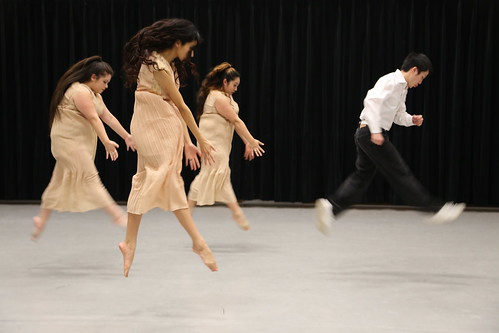Since attending the 2015 STLHE Conference last week, I have–once again– been thinking about the key role of feedback in promoting learning. It was Marsha Lovett’s keynote, in which she spoke about deliberate practice, that has re-surfaced the importance of immediate, informal feedback, specifically as a way to improve one’s performance of a skill.
I’ll elaborate with a personal example of taking private singing lessons. This I started doing in the fall of 2014, after more than four decades of being terrified of singing (but being so moved by the power of a singing voice). When I am in my lessons, I feel that I proceed without knowing what I am doing. My teacher, George, plays the piano and I put the words or sounds to the music. He says things such as “that’s just fine” or “very nice” or “getting there” or “try that again” and I don’t have a clue of what he’s picking up on most of the time. As a teacher and educational developer, I cannot help but think about our novice students and wonder whether they, too, are challenged at interpreting our feedback. So, yesterday, I started asking George more questions.
George: You’re making progress!
Me: George, when you say I’m making progress, can you tell me what you were referring to specifically? What are the top 2 things I have made progress on?
****
George: You went into your head voice there.
Me: What do you mean when you say that I went into my head voice? Is that good? bad? (Under what conditions, if any, is that desirable?)
***
You get the picture.
So, here is what I’ve learned and/or been reminded of in the past few days:
1. As a teacher wanting to improve my students’ performance of ________ skill , my feedback to them needs to be specific and immediate. As a feedback giver, I must do my best to ensure that they grasp the meaning of what I am saying and are able to apply it so their practice of ________ skill becomes more deliberate.
2. As a student, I need to ask questions of my teacher when the meaning of his/her feedback is not clear or specific enough for me to be able to apply it to my practice.
3. How I practice is more important than “just” practicing. As Dr. Marsha Lovett said, it’s not “practice makes perfect” but a specific way of practicing that helps us, as learners, become more expert in a particular skill.
photo credit: Dance Practice by Skyline College PR & Marketing (flic.kr/p/q99WgW)

 Follow
Follow